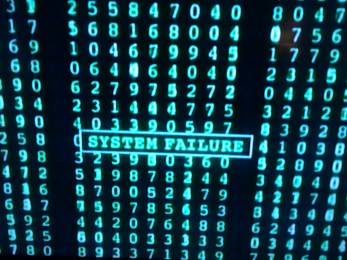
Government, energy & environment
A copy-and-paste education
A survey in Education Week (US) claims that 54% of students in the US have plagiarised material from the Internet. In the UK the Plagiarism Advisory Service (really) says that 25% of students regularly pass off material downloaded from the Internet as their own work. And, of course, being a market driven economy there are now websites to help you to plagiarise. Cheathouse.com does just what it says, while essaysfree.com doesn't. They charge US $22 per page for custom-made essays and term papers. And, of course, every trend tends to create a counter trend, so teachers can now upload examples of cheating at turnitin.com and there is software to help professors spot plagiarists. So the question is why are students doing this? The easy answer is because they can. The Internet, coupled with copy-and-paste software, has made it easier to cheat. Time saving also probably has something to do with it. Students are busy (working to pay off education loans and computers) and an hour saved is five to ten dollars earned. However, the real reason is societal. We no longer value education (or knowledge) for its own sake, merely as a route to a job and future income. As one student remarked "I couldn't care less about what I'm learning except if it has something to do with what I'm going to do later on in life". Where did we get this story? - we copied it from the Internet!
Ref: Spiked Online (UK), 28 April 2005. ¥A culture of copy-and-paste∞, J.Durkin. www.spikedonline.com
Taxing what you do, not what you make
We've written previously about the idea of linking tax rates to regions to encourage people to move to unpopular areas, so it's interesting to see the government of Queensland (Australia) championing 'zonal taxation'. So how about taking the idea even further? What if you varied tax rates according to the job or profession irrespective of income? Tax rates could be allocated on the basis of 'social impact' or importance - for example, one could argue that nurses and teachers are more useful to society than real estate agents so why not tax them at a much lower rate? Of course, trying to agree who is and who isn't important to society is a real can of worms - but it would be an interesting experiment.
Ref: Global Innovation Network 'The future of taxation', May 2005. The Australia 24 May 2005, '15% tax plan for the bush', J.Riley, S.Lewis. www.theaustralian.com.au
